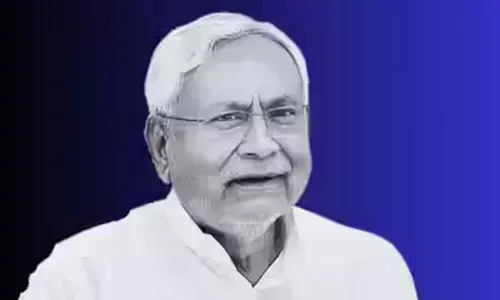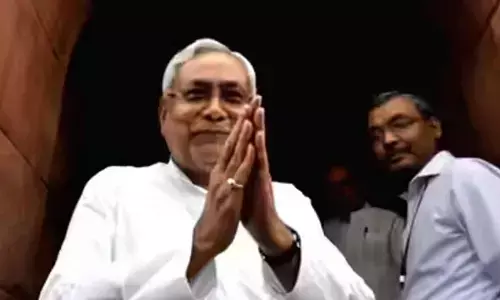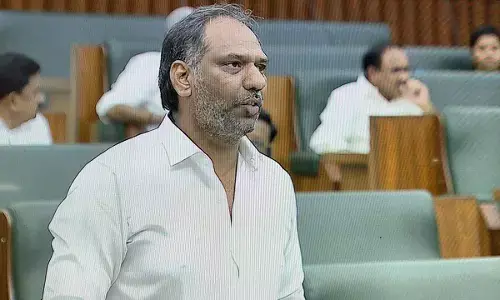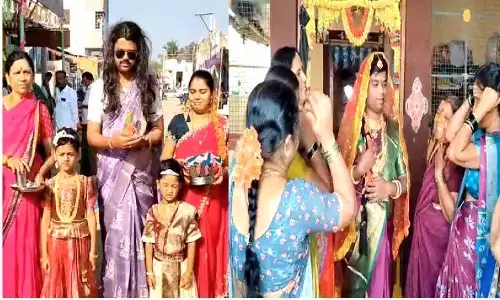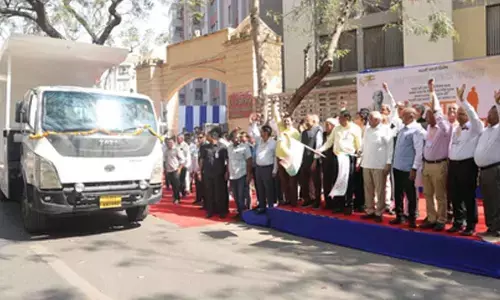Simultaneous polls save expenditure, improve productivity: Kishan Reddy
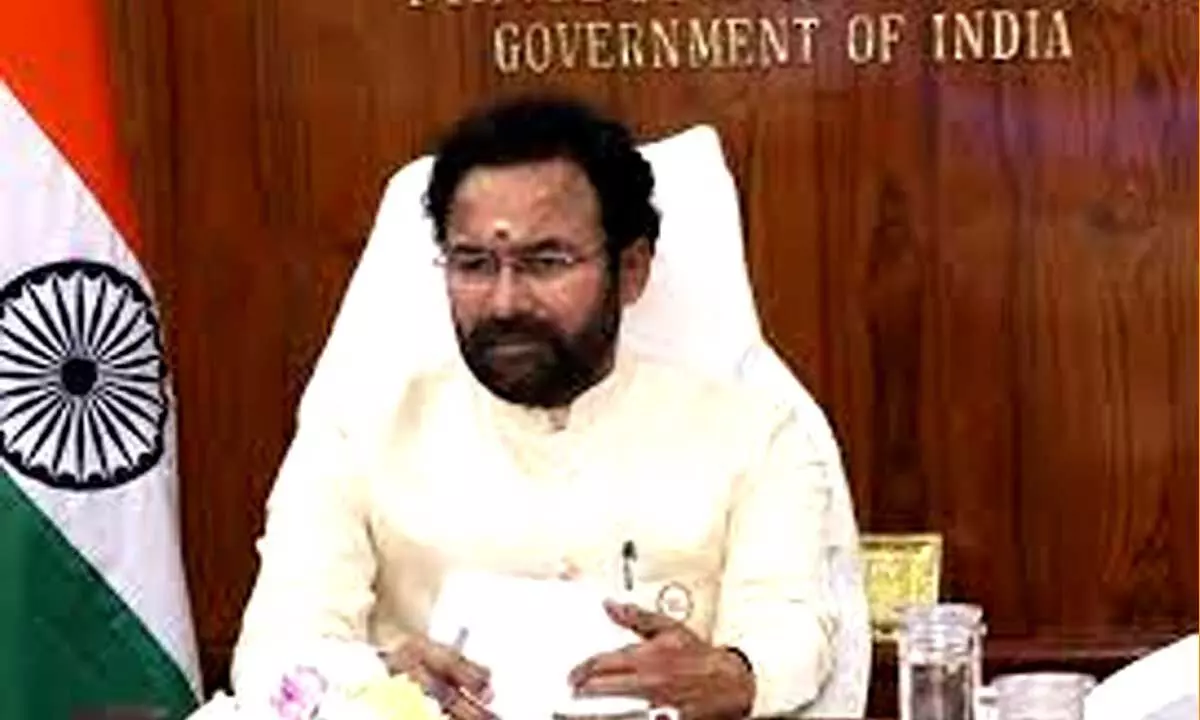
Union Minister for Culture, Tourism and Development of north eastern region G. Kishan Reddy
The Union Minister of Coal and Mines says ONOE would ensure a focus on both national concerns as well as regional issues, making it a level-playing field for all parties
Hyderabad: Union Minister of Coal and Mines G Kishan Reddy said that the Union Cabinet’s approval of simultaneous elections is the right move. He said that it is a significant step forward in a mission to position India as a developed nation by 2047.
Reasoning with the one-nation, one-election (ONOE) decision on Thursday, he said it will end the frequent and at times, continuous election cycle process for assemblies and parliament that results in restrictions for decision-making by creating obstacles for development. It will save expenditure, improve productivity and level the playing field for regional parties. The Minister highlighted that for the past five years, elections have been held continuously in various parts of the country, resulting in the imposition of the Model Code of Conduct. This, in turn, has obstructed crucial policy decisions and in some instances, even routine decisions could not be made. Furthermore, the provision of basic services has also been affected, with public rallies and election-related activities causing significant inconvenience to the general public. He said “Continuous, non-simultaneous elections not only cause disruptions to development work due to policy paralysis from the imposition of the Model Code of Conduct (MCC) but also leads to voter fatigue and a burden on crucial manpower deployed during election time”.
Also, the expenditure of elections for parliament and states separately exceeds Rs 4,500 crore. Holding simultaneous elections would ensure a focus on both national concerns as well as regional issues making it a level-playing field for all parties including regional parties.
The Minister further noted that the continuous election cycle has led to voter apathy resulting in lower turnout and simultaneous elections would address this issue effectively.
The committee, chaired by Ram Nath Kovind, highlighted that the “real GDP growth is higher following episodes of simultaneous elections, while we find a decrease post the non-simultaneous episodes.” The magnitudes suggest approximately 1.5 percentage points higher real national growth during simultaneous elections as compared to non-simultaneous elections. To contextualise this magnitude, 1.5 per cent of GDP equates to Rs 4.5 lakh crore in the financial year 2024, which is equivalent to half of the government’s public expenditure on health and one-third of its spending on education.
Against the above backdrop, the committee strongly recommended the need for simultaneous elections and submitted its report to the Union Government. Additionally, the committee proposed the implementation of a common electoral roll and voter ID card for all elections, which would further protect voters’ rights, and to facilitate this, the committee suggested amendments to Article 325 of the Indian Constitution.
The committee’s recommendation is to hold elections in two phases: first for the Parliament and State Assemblies, followed by Local Body elections within 100 days. The Minister felt that completing the election process within a maximum of six months would allow the government to focus on national development for the remaining four and a half years.
Kishan Reddy mentioned that the Cabinet has encouraged a nationwide discussion on the matter and has also decided to form a committee to oversee the implementation of simultaneous elections.


